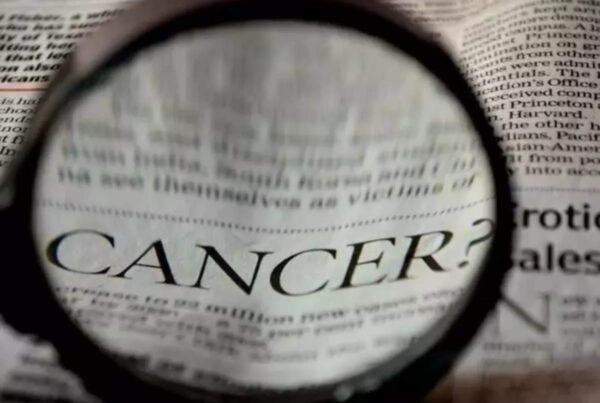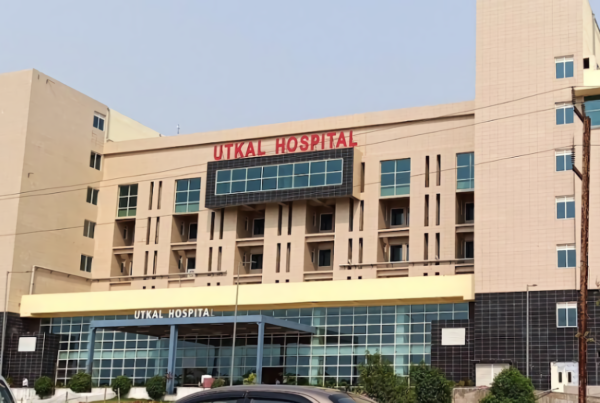India has recently declared snakebites a notifiable disease, a significant move aimed at strengthening the surveillance, treatment, and prevention of snakebites across the country. This decision is a part of a broader initiative to reduce the burden of snakebite-related deaths and disabilities, which are a significant public health concern in India.
Key Aspects of the Declaration:
- Enhanced Surveillance and Data Collection: By making snakebites a notifiable disease, the government now mandates that all cases of snakebites must be reported to health authorities. This will improve the monitoring and collection of data on snakebite incidents, helping authorities better understand the scale of the problem, identify high-risk areas, and tailor interventions accordingly.
- Better Access to Treatment: The notification is expected to lead to improvements in the distribution and availability of anti-snake venom (ASV) in hospitals, clinics, and rural health centers. Ensuring that life-saving treatments are available in a timely manner is crucial to reducing the mortality rate associated with snakebites, which is estimated to be around 50,000 deaths annually in India.
- Improved Awareness and Prevention Programs: This move will likely result in more focused educational campaigns to raise awareness about snakebite prevention, first aid measures, and the importance of seeking medical care immediately after a bite. The declaration could also help in developing more targeted strategies for preventing snakebites in high-risk regions.
- Collaboration with Local Communities: In addition to formal health infrastructure, there is a push to involve local communities, especially in rural and snake-prone areas, in efforts to prevent snakebites. Engaging with farmers, workers, and others who spend a lot of time outdoors can help in reducing exposure to venomous snakes.
- Government Response: The Ministry of Health and Family Welfare is expected to collaborate with state governments, public health officials, and medical institutions to ensure a cohesive response. Resources will be allocated more effectively, and local health centers will be better equipped to handle snakebite cases promptly.
Implications of the Declaration:
This declaration can mark a turning point in India’s approach to snakebite prevention and treatment. With better reporting, surveillance, and access to treatment, the country could make substantial progress in reducing the public health impact of snakebites. It also highlights the recognition of the importance of addressing snakebites as a preventable and treatable condition.
This move is expected to save thousands of lives and improve health outcomes for those affected by snakebites, especially in rural areas where medical assistance can sometimes be delayed or inadequate.



